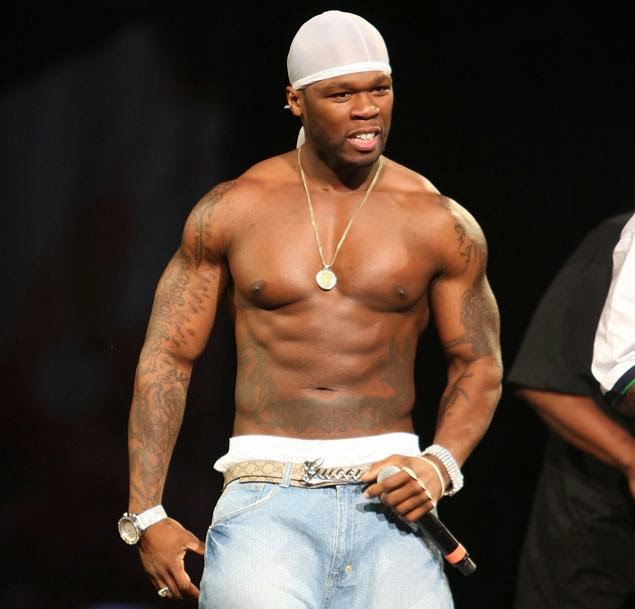It was announced recently that rapper 50 Cent is leaving his previous record label Shady/Interscope for a new home with Caroline, the label services division of Universal Music Group. The artist and his G-Unit imprint joins a number other artists like Macklemore & Ryan Lewis, Korn, Peter Gabriel, and Prince who chose to leave the comfort of a traditional major label (Shady/Interscope is a subsidiary of the giant Universal Music Group) record deal behind in favor of going independent, but with a new twist. Now the label’s once exclusive services are for hire instead of available only as a byproduct of a traditional recording agreement.
What we may be witnessing is the dawn of a new age in the music business as all the major labels have set up separate divisions to be able to offer their services and expertise on an a la carte basis. Need physical distribution, radio promotion, digital strategy or product development? If you’ve got the money or the audience, you can hire their expertise for these services plus a lot more. Where once upon a time, an artist signed exclusively with a record label for a number of albums, the new label services deals can be for a single album at a time, with none of the traditional multi-record contractual strings attached.
Although some were faster into the space than others, all the majors are now represented. Sony Music has its Red Associated Labels unit, Warner Music Group has Alternative Distribution Alliance (ADA), while Universal Music owns Caroline. In addition, there’s also BMG, which began the trend in 2008 when it sold its traditional record business to Sony to concentrate on artist rights management, as well as the independent Kobalt Label Services and in the UK, Cooking Vinyl.
The reasons why an artist might want to consider such an arrangement are many. First of all, there’s the issue of artistic control. In a traditional record deal, the artist and the record label are in a partnership, with the label as the senior partner. The stories about clashes on creative direction between the artist and label execs are legendary, but all this is alleviated when the artist is independent and hires the label services on a “as needed” basis. The artist is now the boss when it comes to product creation, but the responsibility for making it or breaking it are on his shoulders alone. Read more on Forbes.
----------------------------------
Help support this blog. Any purchases made through our Amazon links help support this website with no cost to you.
You should follow me on Twitter and Facebook for daily news and updates on production and the music business.
Check out my Big Picture blog for discussion on common music, engineering and production tips and tricks.


No comments:
Post a Comment